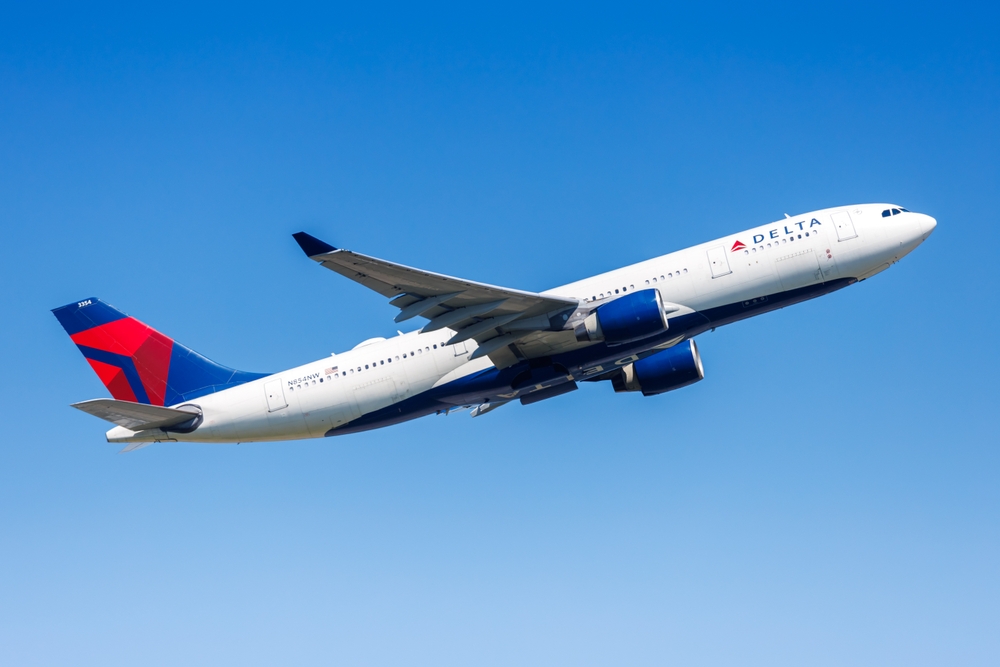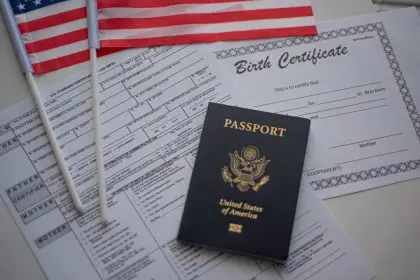In a groundbreaking initiative, Delta Air Lines, in collaboration with the Department of Transportation (DOT) and the Federal Aviation Administration (FAA), is making strides toward allowing wheelchair users to fly while remaining in their own mobility devices. This long-awaited development aims to enhance the safety and comfort of travelers who rely on wheelchairs, marking a significant step forward in the aviation industry.
Why this initiative matters
The push for wheelchair accessibility in air travel has been years in the making. Currently, statistics from the DOT reveal that U.S. airlines damage or destroy between 10,000 to 15,000 wheelchairs and other mobility devices annually. This alarming figure highlights the urgent need for change in how airlines accommodate disabled passengers.
Technical progress and regulatory steps for in-flight wheelchairs
According to a DOT spokesperson, the FAA has not identified any significant obstacles to installing wheelchair restraint systems in aircraft cabins. Minor challenges are currently being addressed, and the agency anticipates determining the feasibility of in-flight wheelchairs by the end of 2025. Delta Flight Products, a subsidiary of Delta Air Lines, has already submitted designs for FAA approval and showcased early concepts for in-cabin wheelchair travel at industry expos in 2023 and 2024.
While the news is promising, it is essential to understand that the implementation of these systems will take time. Once the FAA and DOT confirm the technical feasibility, airlines will need to install new seating systems and secure the necessary regulatory approvals. The DOT is also considering making these accommodations mandatory for airlines, although this will be part of a separate regulatory process.
The future of air travel for disabled passengers
Despite the potential delays in implementation, industry experts remain optimistic about the future of air travel for disabled passengers. Projections suggest that by the end of the decade, disabled travelers could regularly fly in their wheelchairs on commercial flights.
The importance of advocacy and awareness
This initiative underscores the importance of advocacy and awareness in creating a more inclusive travel environment. Organizations like Rights on Flights and All Wheels Up are crucial in pushing for these changes and ensuring that the voices of disabled travelers are heard. As airlines begin to implement these changes, it is vital for the community to remain engaged and informed about their rights and options when traveling.
The collaboration between Delta Air Lines, the DOT and the FAA represents a significant step toward making air travel more accessible for wheelchair users. As the aviation industry progresses toward this goal, the hope is that all travelers, regardless of their mobility needs, will soon have the opportunity to fly comfortably and safely in their own wheelchairs. This initiative not only prioritizes the needs of disabled passengers but also sets a precedent for future advancements in travel accessibility.














